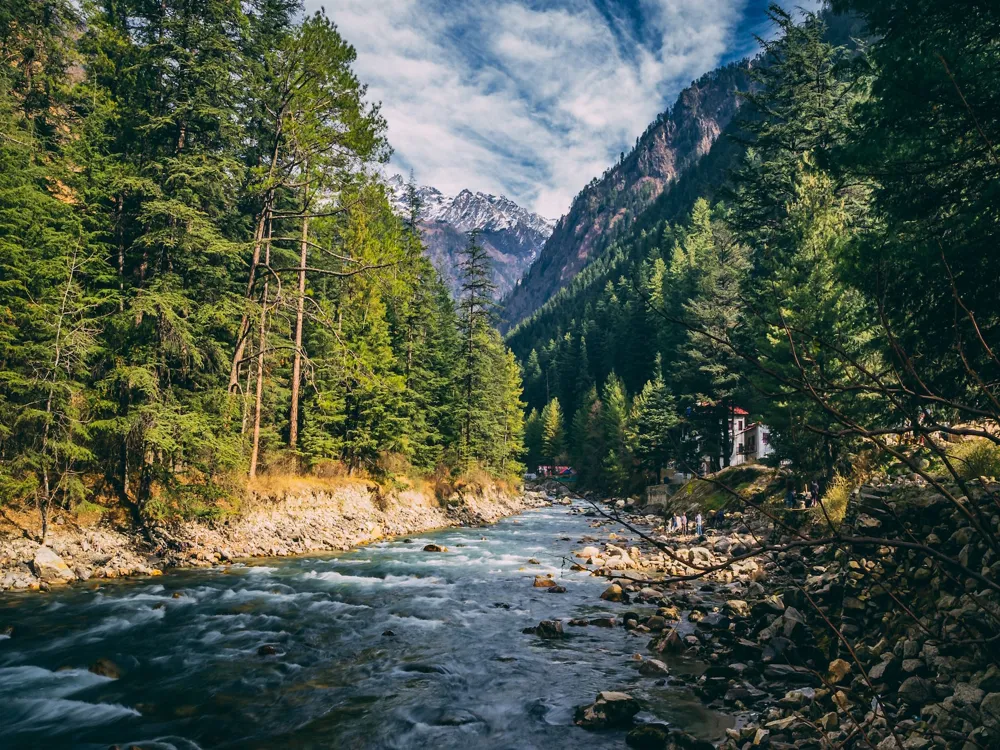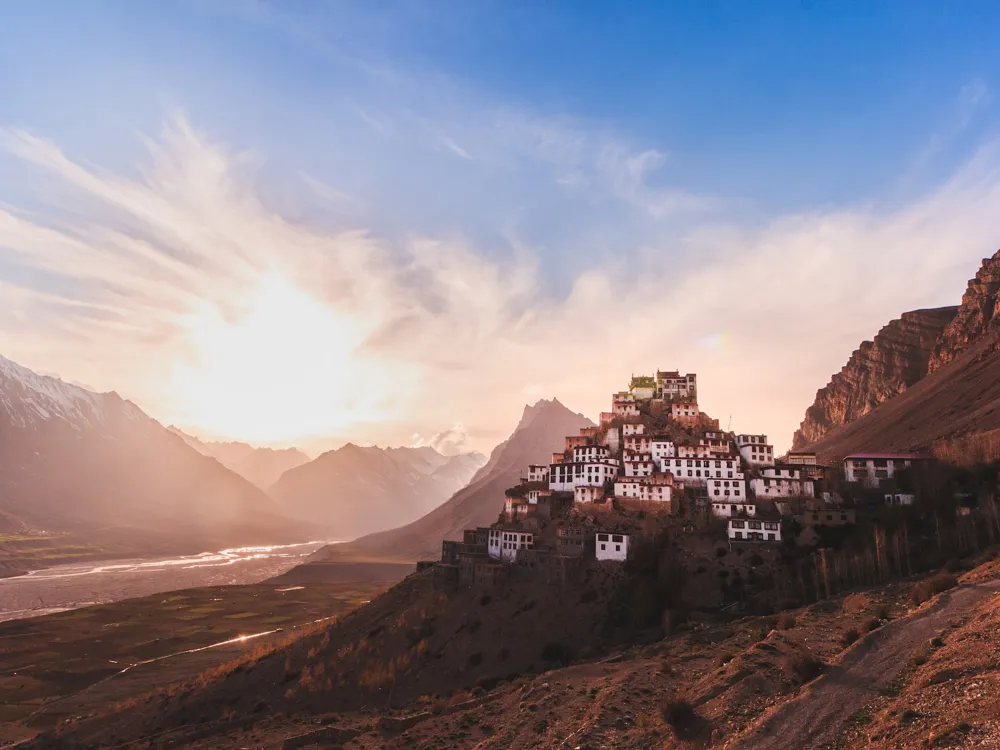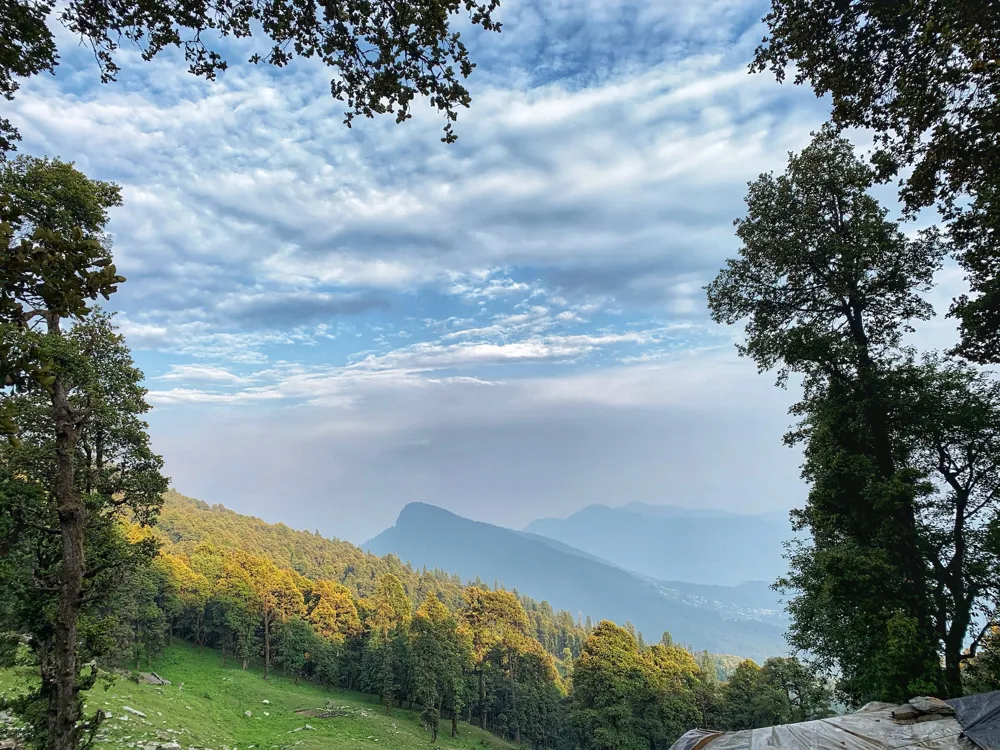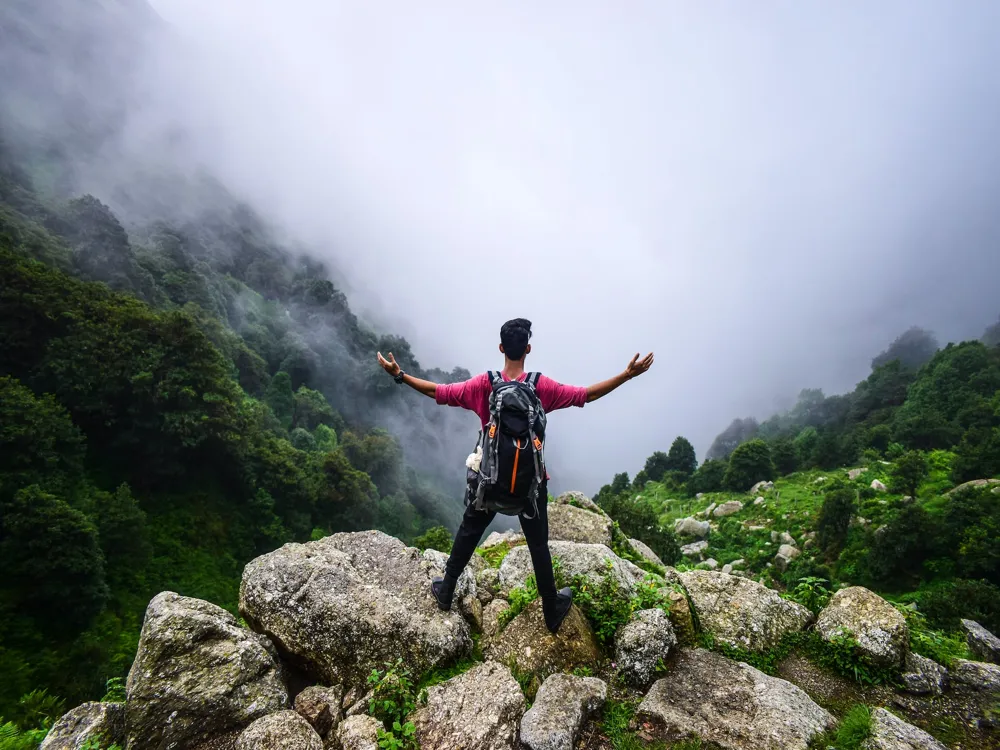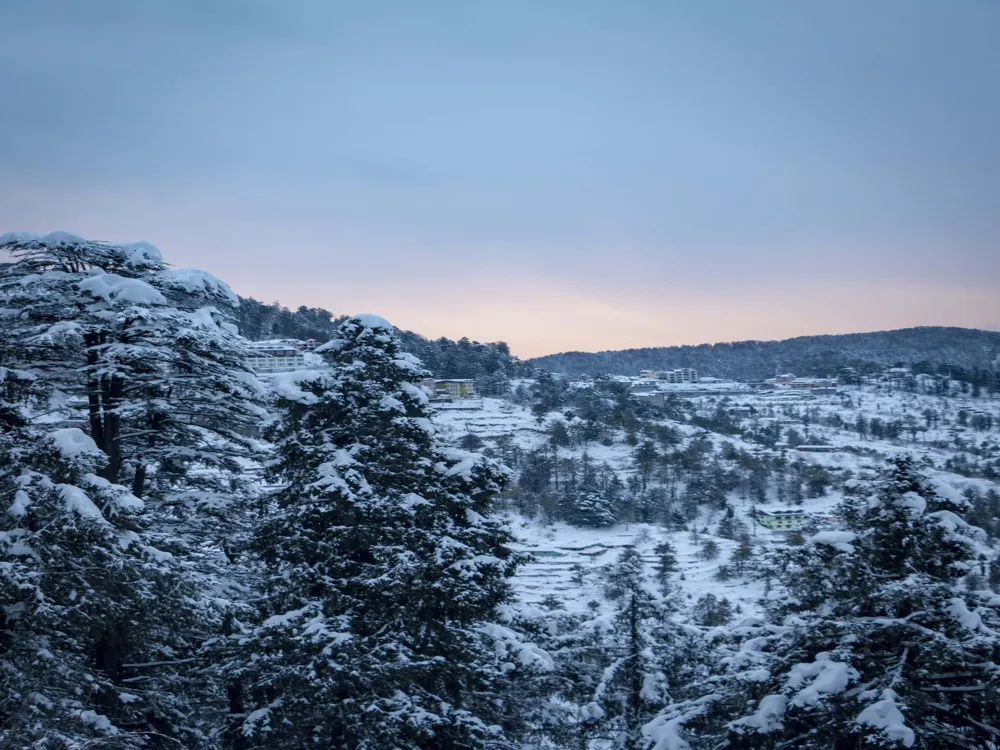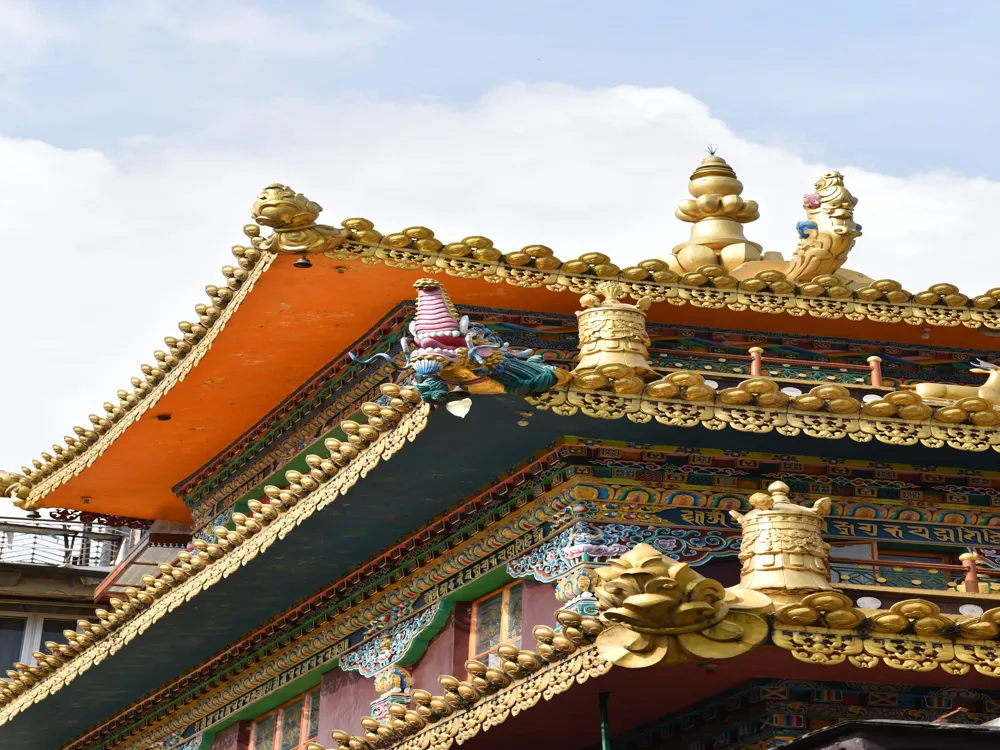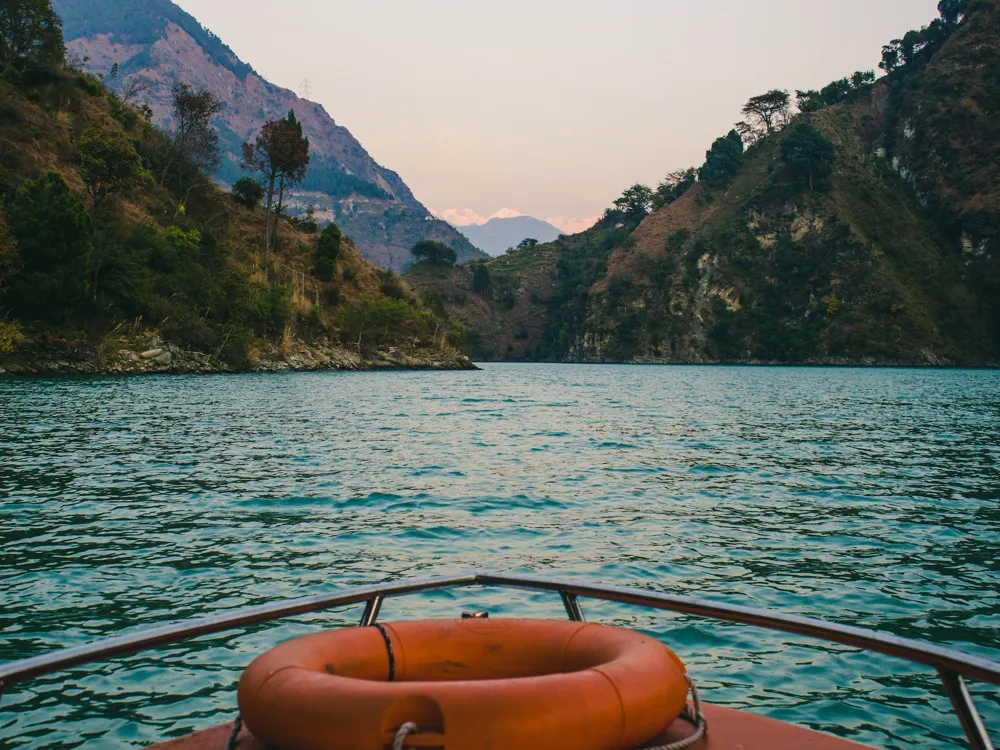Nestled in the serene Parvati Valley, the Lord Ramachandra Temple of Manikaran stands as a testament to spiritual devotion and architectural grandeur. This ancient temple, located in Manikaran, Himachal Pradesh, is a significant pilgrimage site for Hindus and attracts thousands of devotees and tourists each year. The temple is dedicated to Lord Rama, an incarnation of the Hindu god Vishnu, and is revered for its historical and mythological significance. According to legend, Lord Rama himself visited this place with his wife Sita and brother Lakshman during their exile. The temple is said to have been established by Rama as a symbol of his presence in the area. The presence of hot springs nearby, believed to possess healing properties, adds to the spiritual aura of the temple, making it a unique combination of natural beauty and divine energy. The town of Manikaran is also known for its beautiful landscapes, including lush green valleys and the flowing Parvati River. The temple offers a tranquil retreat for those seeking spiritual solace and provides a glimpse into the rich cultural heritage of Himachal Pradesh. Visiting the Lord Ramachandra Temple is not just a pilgrimage but an opportunity to experience the harmony of nature and spirituality. The architecture of the Lord Ramachandra Temple is a splendid example of ancient Indian craftsmanship blended with local influences. The structure of the temple is predominantly in the traditional Himachali style, known for its intricate woodwork and unique design elements. The temple features a wooden pagoda-like structure, which is a characteristic of the mountainous regions of Himachal Pradesh. The main shrine is adorned with beautifully carved wooden panels depicting scenes from the Ramayana, the epic tale of Lord Rama. These carvings not only showcase the skill of the artisans but also serve as a visual narration of the ancient scriptures. The temple's exterior is decorated with ornate motifs and sculptures that reflect the local culture and religious beliefs. The interior of the temple is as mesmerizing as its exterior. The sanctum sanctorum houses the idols of Lord Rama, Sita, and Lakshman, exquisitely crafted and revered by devotees. The use of natural materials like wood and stone in the temple's construction complements its surroundings, creating a sense of oneness with nature. The complex also houses other smaller shrines and hot springs, which are integral to the temple's history and the rituals performed there. The temple's architecture is not only a reflection of the religious significance but also an embodiment of the environmental harmony and cultural identity of the region. It stands as a shining example of how ancient traditions and natural elements can be seamlessly integrated into a sacred space. Visitors are advised to dress modestly, covering shoulders and knees, as a sign of respect for the religious nature of the site. It is important to observe and respect local customs and traditions, including removing shoes before entering the temple premises. Check the temple's opening hours and plan your visit accordingly. Also, visiting during festivals can be a unique experience but expect larger crowds. The hot springs are believed to have healing properties. However, visitors should exercise caution and follow any guidelines provided for their use. Photography may be restricted in certain areas of the temple. Always ask for permission before taking photographs. Reaching the Lord Ramachandra Temple in Manikaran is accessible by various modes of transportation. The nearest airport is at Bhuntar, from where one can take a taxi or a bus to Manikaran. Regular bus services are available from major cities like Delhi and Chandigarh. For those who prefer train travel, the nearest railway station is in Joginder Nagar, and from there, one can hire a taxi or catch a bus to Manikaran. The journey to the temple is as picturesque as the destination itself, with breathtaking views of the Himalayas and the lush valleys of Himachal Pradesh. Read moreOverview of Lord Ramachandra Temple, Manikaran, Himachal Pradesh
Architecture of Lord Ramachandra Temple
Tips for Visiting Lord Ramachandra Temple
Dress Appropriately
Respect Local Customs
Timing and Festivals
Use of Hot Springs
Photography Rules
How To Reach Lord Ramachandra Temple
Manikaran Sahib Tourism
Best Time to Visit Manikaran Sahib
How to Reach Manikaran Sahib
Things To Do, Manikaran Sahib
Lord Ramachandra Temple
Manikaran Sahib
Himachal Pradesh
₹ 7,299 onwards
View manikaran-sahib Packages
Also Refered As:
Prachin Shri Ram Mandir
Manikaran-sahib Travel Packages
View All Packages For Manikaran-sahib
Top Hotel Collections for Manikaran-sahib

Private Pool

Luxury Hotels

5-Star Hotels

Pet Friendly
Top Hotels Near Manikaran-sahib
Other Top Ranking Places In Manikaran-sahib
View All Places To Visit In manikaran-sahib
View manikaran-sahib Packages
Also Refered As:
Prachin Shri Ram Mandir
Manikaran-sahib Travel Packages
View All Packages For Manikaran-sahib
Top Hotel Collections for Manikaran-sahib

Private Pool

Luxury Hotels

5-Star Hotels

Pet Friendly














